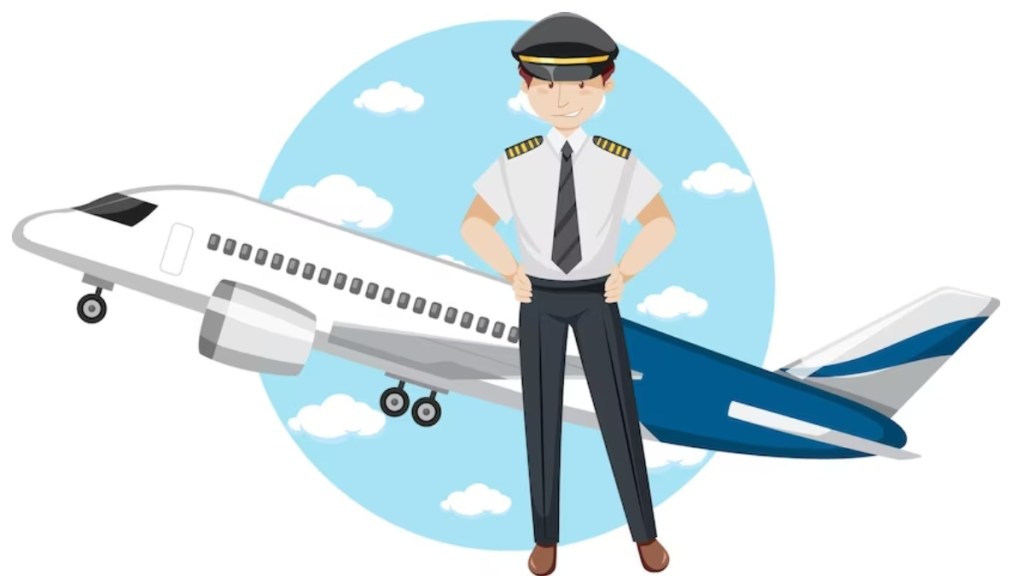By Piyalee Chatterjee Ghosh
The aviation industry is constantly evolving, and as we enter the year 2023, it becomes crucial for aspiring professionals to possess the skills demanded by this dynamic field. To ensure a seamless transition from training to a successful career in aviation, individuals must equip themselves with a diverse set of abilities that align with the industry’s current requirements. In this article, we will explore the essential skills that aviation professionals should acquire to thrive in 2023 and beyond.
Technical Expertise: Mastering the Latest Technologies
Aviation, like many other industries, is heavily reliant on technology. As we step into 2023, professionals should prioritize gaining technical expertise in the latest tools and systems used in the field. Familiarity with advanced avionics, navigation systems, and flight management software will be invaluable assets. Additionally, a comprehensive understanding of emerging technologies such as unmanned aerial vehicles (UAVs) and drone operations will open new avenues for career growth.
Regulatory Compliance: Staying Updated with Industry Standards
The aviation industry operates under strict regulations to ensure safety and efficiency. Professionals must possess in-depth knowledge of current aviation laws and regulations to comply with industry standards. Staying updated with changes in protocols and procedures is crucial as regulatory requirements evolve with time. This includes maintaining a thorough understanding of security measures, air traffic control protocols, and emergency response procedures.
Communication Skills: Effective Collaboration and Customer Service
In the aviation industry, effective communication is paramount. Professionals must possess strong verbal and written communication skills to collaborate efficiently with team members, air traffic controllers, and passengers. The ability to convey information clearly, concisely, and accurately is vital in critical situations. Furthermore, exceptional customer service skills are essential for ensuring a pleasant travel experience for passengers and addressing their concerns promptly and professionally.
Adaptability: Thriving in a Fast-Paced Environment
The aviation industry is known for its fast-paced and ever-changing nature. Professionals entering this field must be adaptable and capable of handling unforeseen challenges. Flexibility and quick decision-making are vital when dealing with dynamic situations such as weather disruptions, flight delays, or technical issues. The ability to remain calm under pressure and find innovative solutions will set individuals apart in their aviation careers.
Teamwork: Collaborating for Success
Aviation professionals rarely work in isolation. They are part of a team responsible for the safe and efficient operation of flights. Possessing strong teamwork skills is essential to coordinate with fellow crew members, ground staff, and air traffic controllers. Effective teamwork ensures smooth operations, enhances safety measures, and fosters a positive work environment. The ability to work harmoniously in a team setting will significantly contribute to a successful aviation career.
Continuous Learning: Embracing Lifelong Development
The aviation industry is constantly evolving, driven by technological advancements and changing customer demands. To stay ahead of the curve, aviation professionals must embrace lifelong learning and ongoing skill development. Pursuing additional certifications, attending industry conferences, and staying updated with the latest industry trends will ensure that professionals remain competitive and adapt to emerging opportunities.
Conclusion
As the aviation industry progresses into 2023, it is vital for aspiring professionals to acquire the skills demanded by this dynamic field. Technical expertise, regulatory compliance, effective communication, adaptability, teamwork, and a commitment to continuous learning are the key ingredients for a successful career in aviation. By honing these skills, individuals can navigate the transition from training to a fulfilling career and position themselves as valuable assets in the aviation industry’s ever-changing landscape.
The author is founder of Myfledge. Views are personal.

